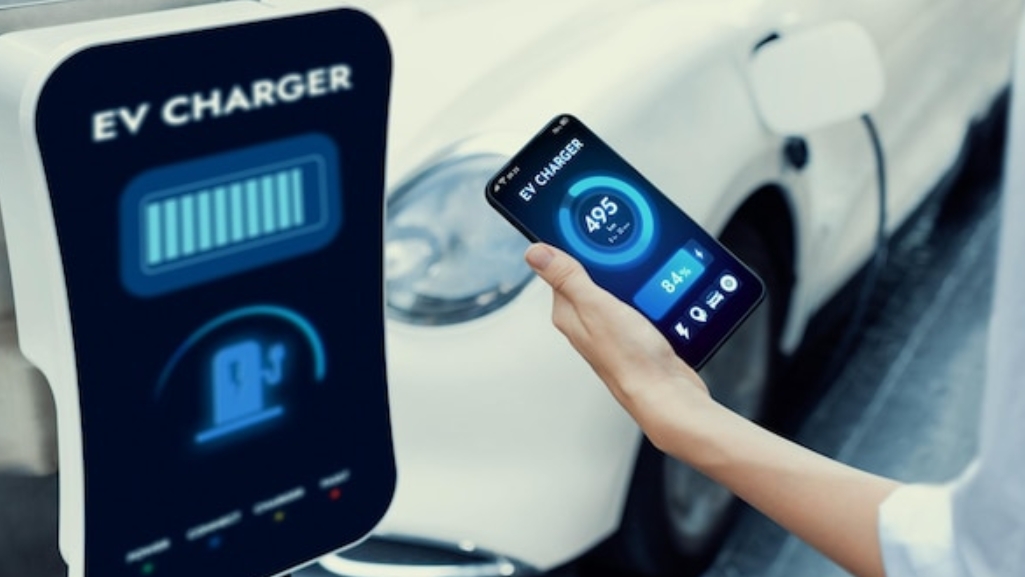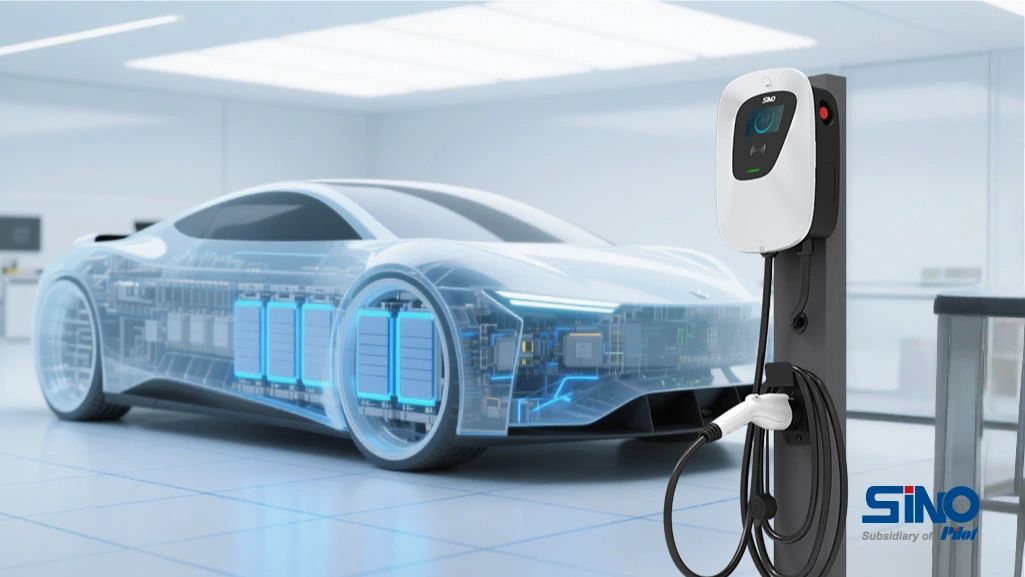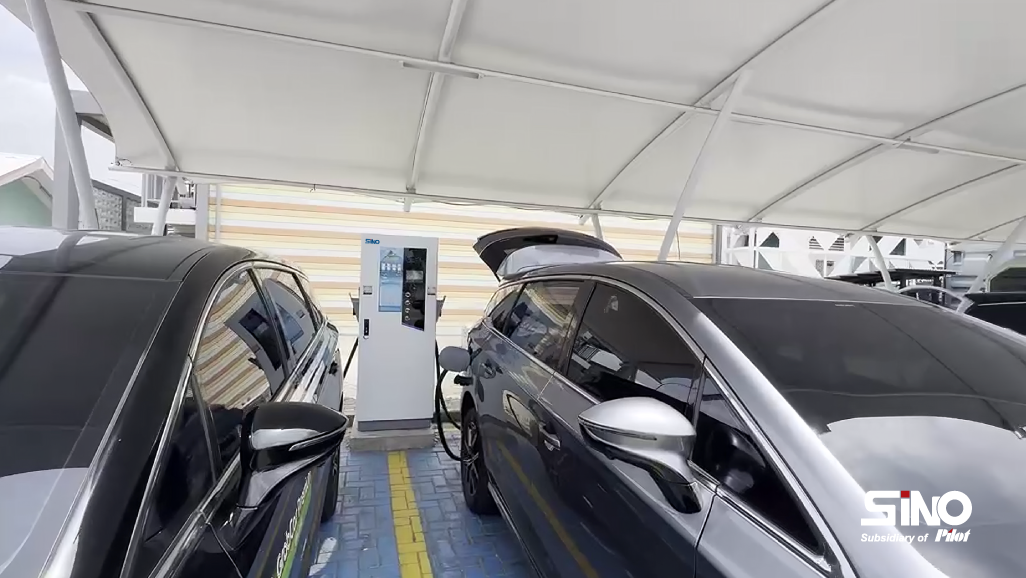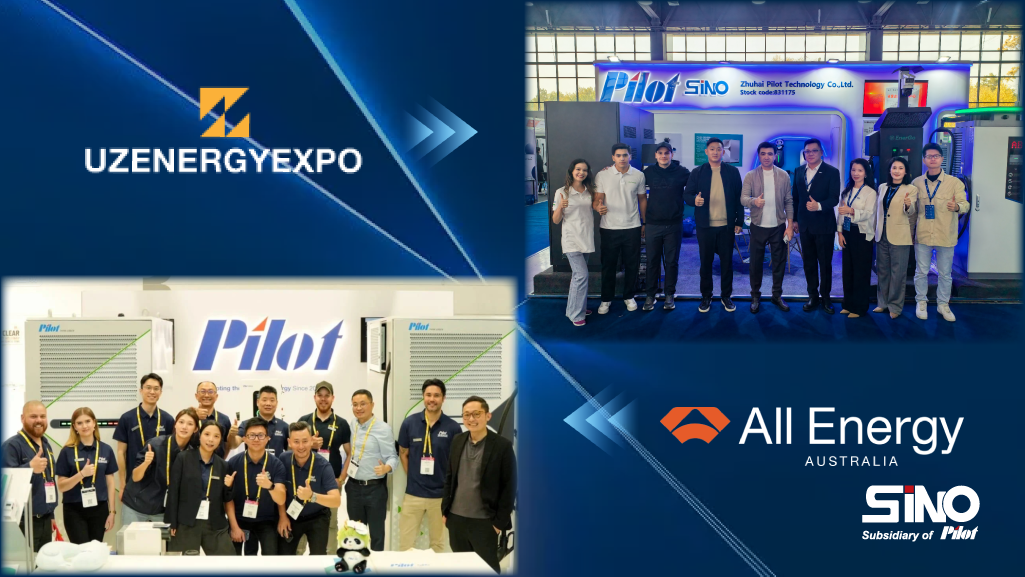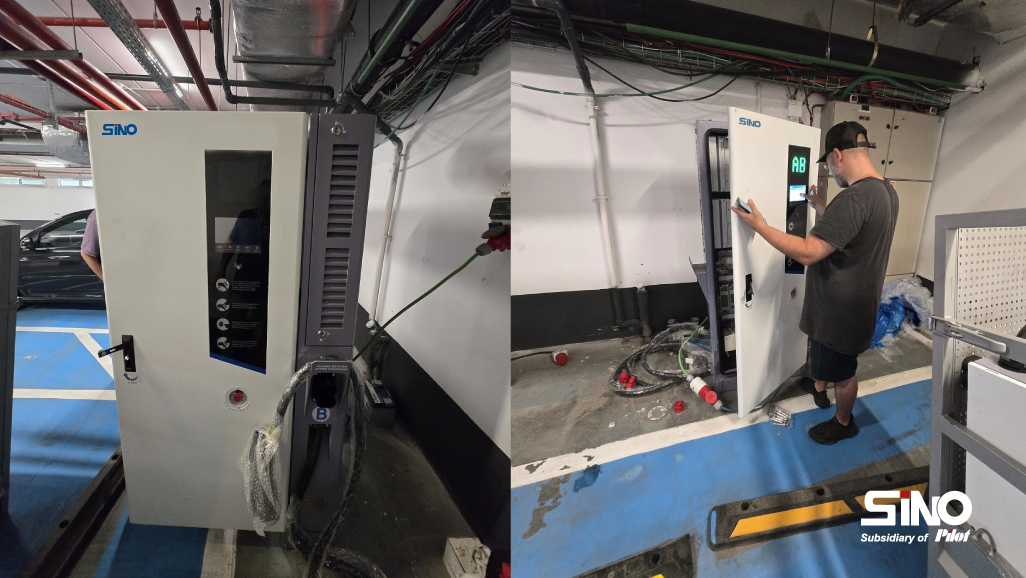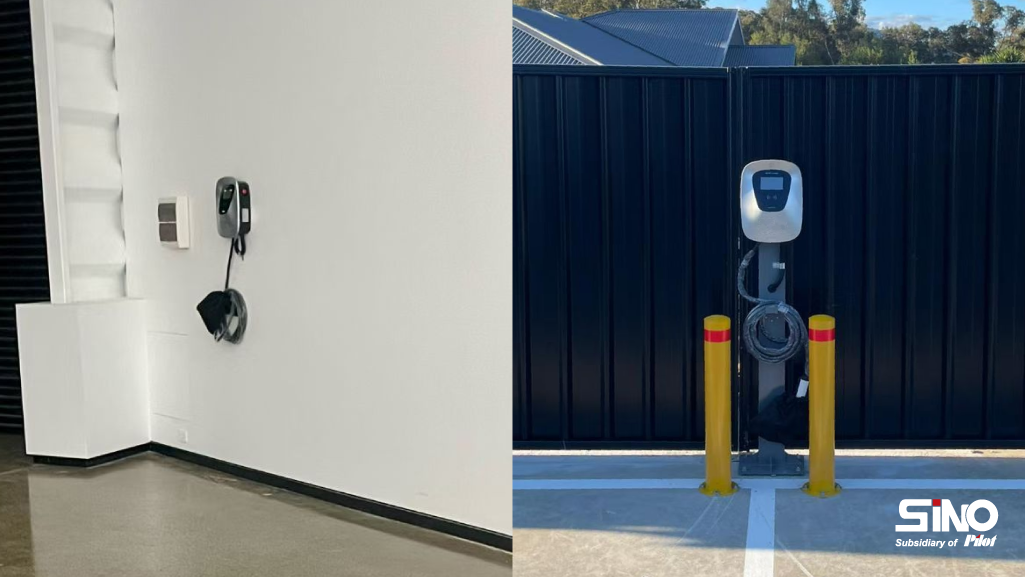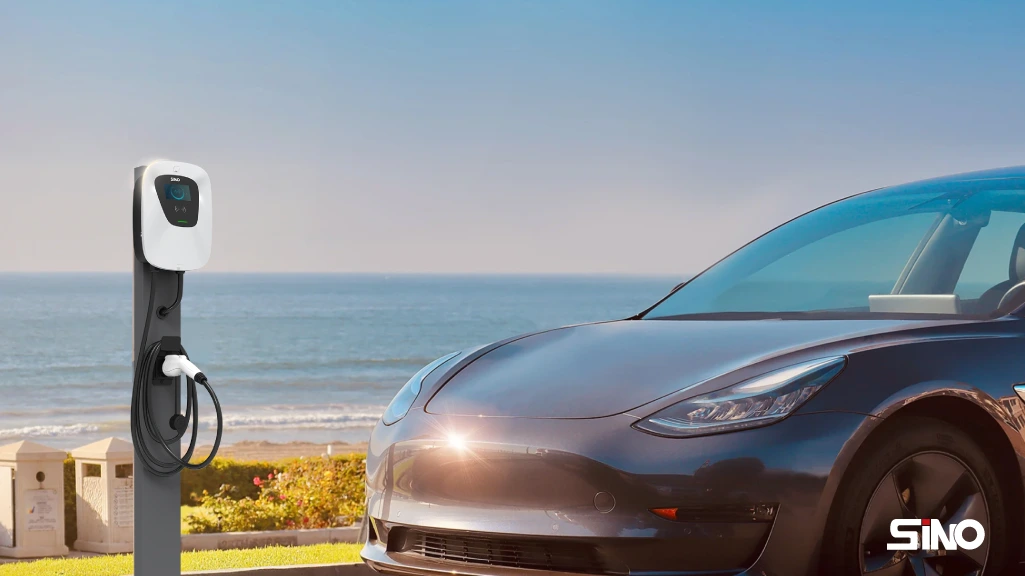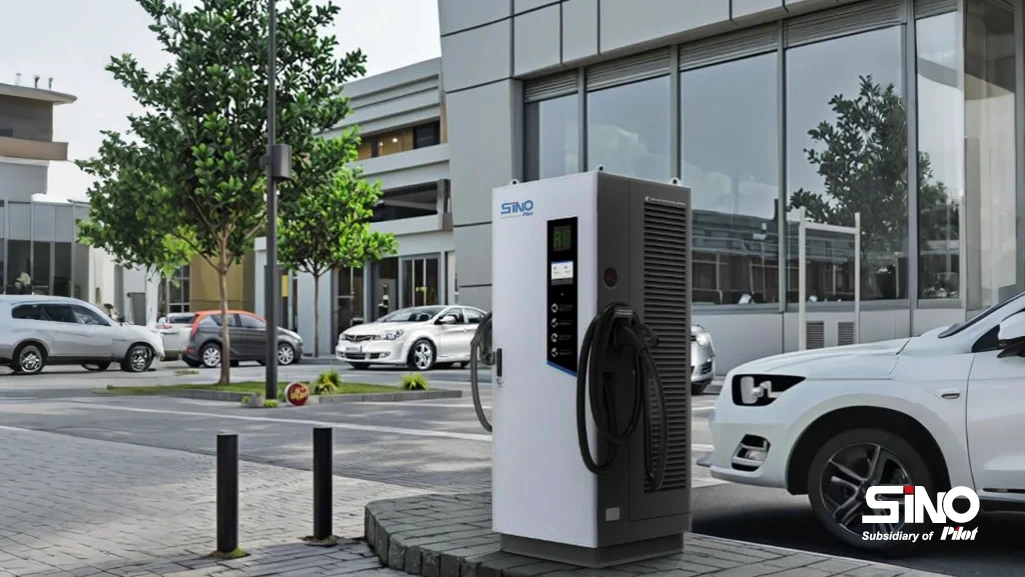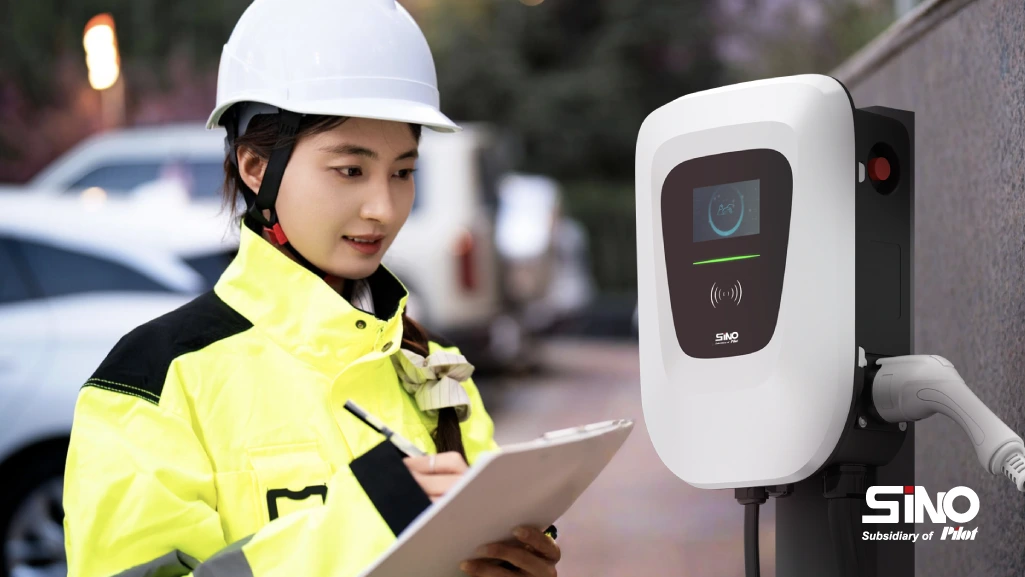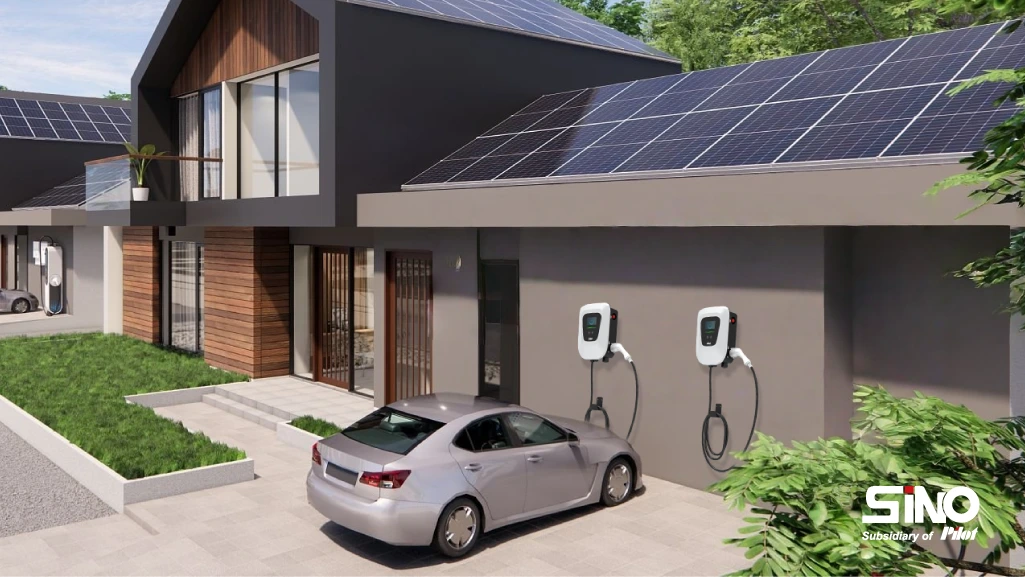As electric vehicles continue to shape the future of transportation, artificial intelligence is now leading the way in changing the face of the electric vehicle charging ecosystem. Whether it is ensuring process optimization or providing experience for end users, artificial intelligence has solutions that can advance the development of electric vehicle charging. Read this article to learn more about the role and impact of AI on electric vehicle charging.
AI in Transforming EV Charging Infrastructure
AI is now changing the way EV charging infrastructure works by offering smart solutions to manage energy and optimize charging schedules effectively. This transformation is further supported by EV charging management software, which helps monitor and control the entire charging process, ensuring that resources are utilized efficiently while minimizing operational costs.
From Manual to Intelligent Charging Algorithms
Traditional charging systems run on fixed schedules, leading to inefficiencies and straining on the grid. AI-driven intelligent charging algorithms are adaptive dynamically due to:
- Real-time grid demand
- Energy pricing fluctuations
- Individual user needs
For instance, AI can dynamically shift the charging of vehicles to off-peak hours, thus lowering the expense for users and grid operators alike. All these algorithms ensure a smooth balance between energy demand and availability, avoiding any potential overload.
Enhancing Efficiency and Sustainability with AI
It is also essential in the integration of renewable sources of energy through the EV charging network. Through the analysis of energy supply patterns and weather forecasts, the AI systems instruct charging stations on when to use solar or wind energy. This, in turn, not only reduces the carbon footprint associated with EV charging but also contributes to the global movement toward sustainable energy.
How AI Enhances the User Experience in EV Charging
Apart from infrastructure, AI changes the user experience by introducing personalization and accessibility features that make it easier to charge. This is done through:
Personalization Through Data Insights
AI uses user data to offer customized advice in such ways as:
- Predicting when and where drivers will need to charge
- Suggesting the most cost-effective EV charging times
- Providing real-time updates on charging progress
Such personalized insights greatly enable users to make informed decisions, which help save money and time.
Improving Accessibility through Smart Features
AI increases accessibility by introducing voice-controlled charging and the ability to manage the charging remotely through mobile applications. These kinds of innovations make charging more convenient for people with different needs, making the experience all-inclusive for all EV owners.
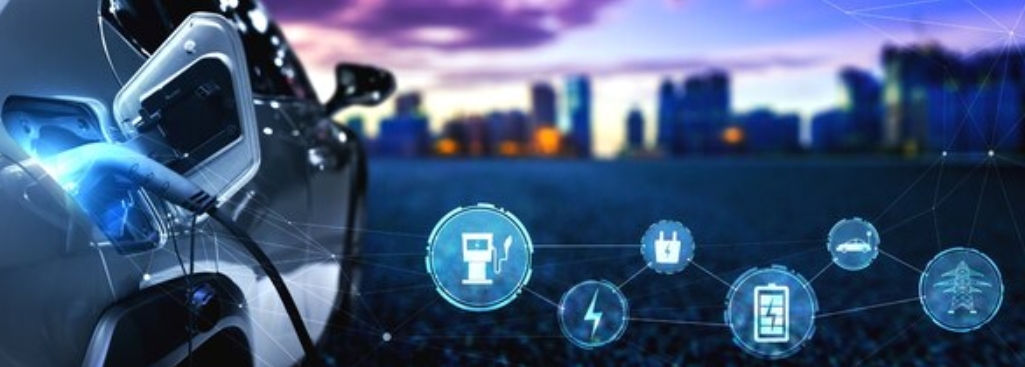
AI in Electric Vehicles: A Game Changer for the Grid
The use of AI in combination with EV charging is changing how energy grids function by facilitating smarter ways of energy distribution and stability.
AI in Vehicle-to-Grid (V2G) Technology
AI optimizes V2G technology to enable EVs to store excess energy and return it to the grid at peak demand. This two-way flow stabilizes the grid, reduces energy costs, and maximizes the utility of renewable sources.
Grid Load Prediction and Management
AI performs demand forecasting based on various factors such as:
- Historical usage patterns
- Real-time consumption data
- External influences in terms of weather and traffic conditions
These insights thus allow grid operators to manage resources more effectively and minimize the risk of a blackout while strengthening grid resilience.
AI’s Role in Charging Networks and Urban Planning
Artificial Intelligence plays a significant role in urban planning, permitting smarter and more efficient charging networks that meet the growing need for electric vehicle adoption.
Optimizing Charging Network Placement
AI analyzes demographic data, traffic patterns, and energy demand to pinpoint the best locations for additional charging stations. This makes for a data-driven approach toward charging infrastructure, which has balanced urban and rural area access.
Creating Smarter Cities with AI
Smart cities integrate AI and EV charging into other city networks, such as public transportation and IoT. For example, Amsterdam’s smart city initiatives employ AI to optimize EV recharging, creating less congestion and thus making energy consumption more efficient. These projects show what AI can do: create interconnected, sustainable urban ecosystems.
Innovation in EV Hardware Powered by AI
Artificial intelligence is driving serious innovation in the hardware supporting electric vehicles, allowing charging systems to go beyond what was ever thought possible.
Improving the Technology of the Batteries
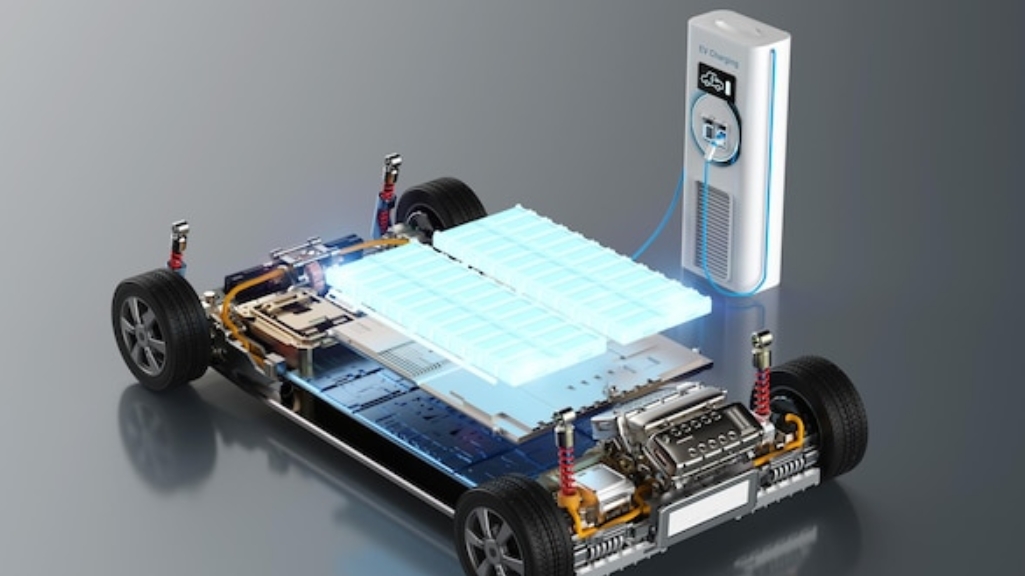
AI is speeding up the testing and development of batteries, reducing the time taken to assess new designs. By predicting the performance and degradation of batteries, AI allows EV charger manufacturers to build more durable and efficient batteries. Such advancements offer better EV range and lifecycle costs.
Advancements in Charging Station Hardware
AI optimizes the components of charging stations, such as wide bandgap semiconductors like gallium nitride. These materials enable faster and more efficient power conversion, reducing energy loss and lowering operational costs for charging networks.
The Future of Wireless EV Charging Systems
AI increases the efficiency of wireless charging systems by reducing energy loss and improving energy transfer efficiency. It holds huge potential for autonomous vehicle fleets, where contactless, automated charging will become a necessary car charge solution. Companies like WiTricity are already working on AI-enabled wireless solutions to revolutionize charging.
Challenges and Ethical Considerations for AI in EV Charging
With the transformative potential, there also come the challenges and ethical considerations around AI that need to be considered.
The Challenges of AI in Charging Networks
AI engines need relevant and quality data to a large extent. Inaccurate data, system failure, or intrusion in cybersecurity can affect their performances. For this, considerable security measures and update of systems periodically would be quite necessary to avoid such incidents.
Ethical and Social Impacts
The deployment of AI has to be matched with considerations regarding inclusiveness and the environment. For instance:
- The presence of AI-based charging infrastructure in under-served regions.
- Minimizing the energy consumption and resource usage of AI systems
These considerations are crucial for building equitable and sustainable EV charging networks.
FAQs
1. How does AI improve EV charging efficiency?
AI optimizes charging schedules, integrates renewable energy, and reduces grid strain by analyzing real-time data and user behavior.
2. What is smart EV charging, and how does it work?
Smart EV charging dynamically adjusts the charging with the aid of AI, according to the energy demand, cost of energy, and user preference to ensure efficient and cost-effective operation.
3. Can AI predict when an EV charger will fail?
Yes, AI-powered predictive maintenance screens charge health for early detection of problems that may lead to failure.
4. What are the challenges of using AI in EV charging?
Some of the major challenges include dependence on data, cybersecurity vulnerabilities, and ensuring equity in access to AI-driven charging technologies.
5. How does AI improve the wireless EV charging process?
AI increases efficiency in energy transfer and minimizes losses, keeping the wireless charging system for an EV reliable.
Our Social
Facebook: www.facebook.com/sinoevc
Instagram: www.instagram.com/sinoevc
Linkedin: www.linkedin.com/company/sinoevse
Youtube: www.youtube.com/@sinoevc
Twitter: www.twitter.com/sinoevc

“Charging for A Better Life”
—Zhuhai Sino Energy Technology Co.,Ltd.



